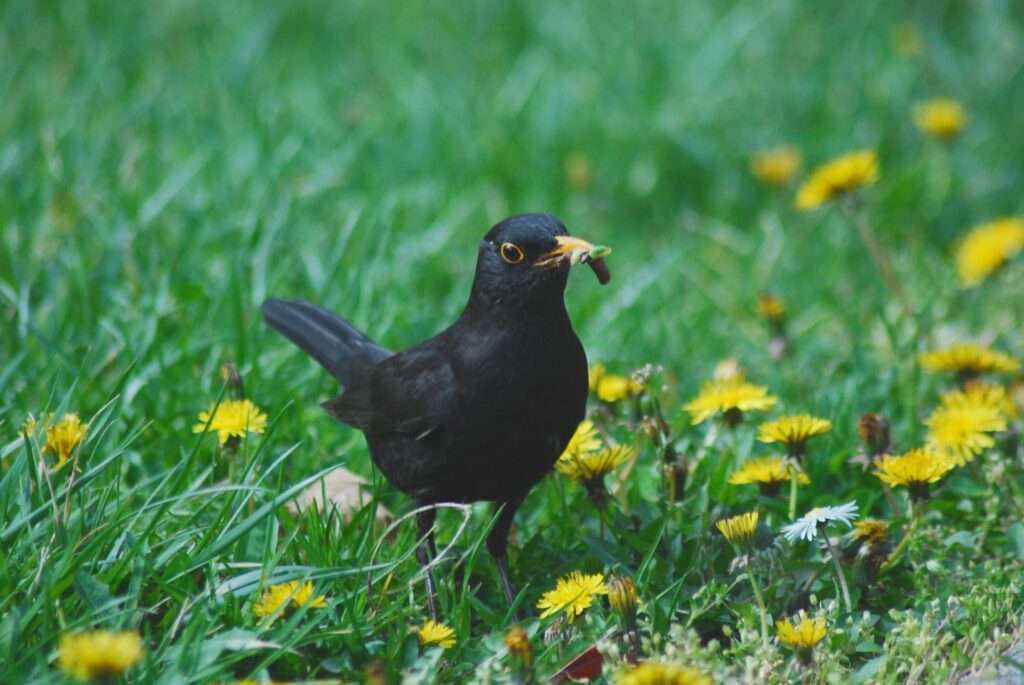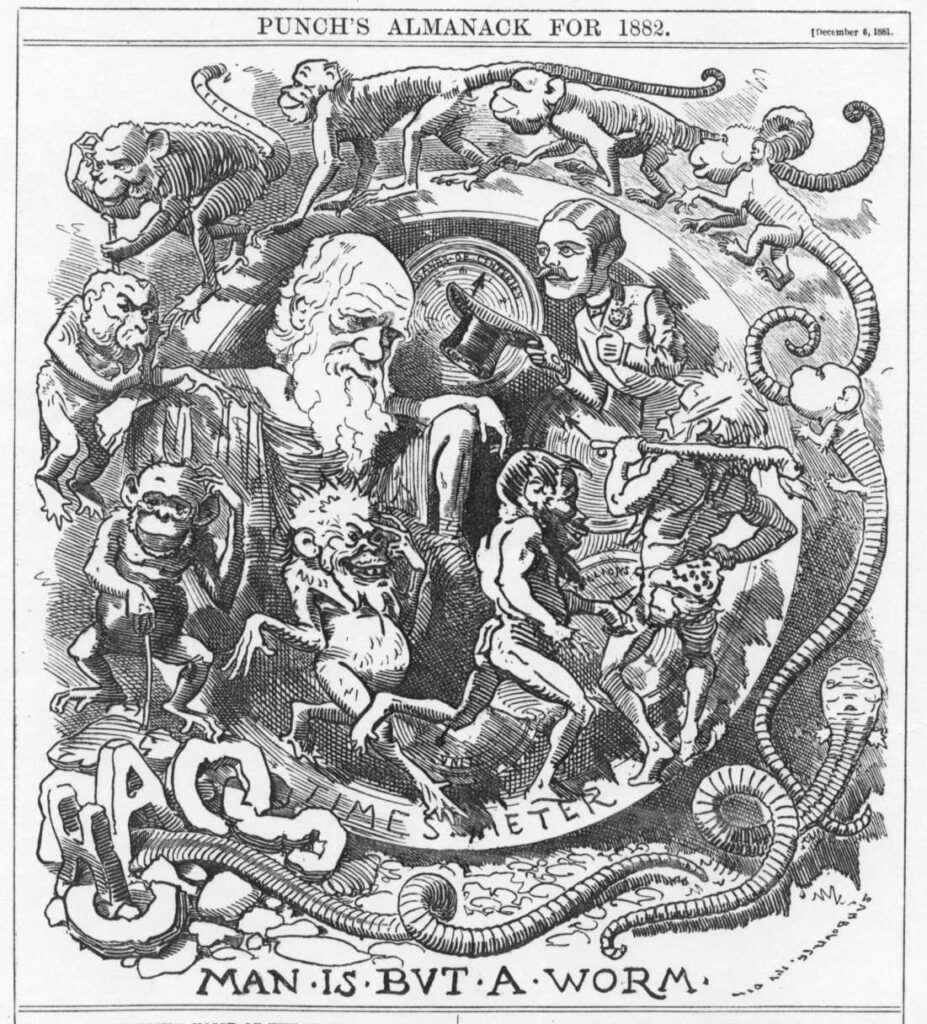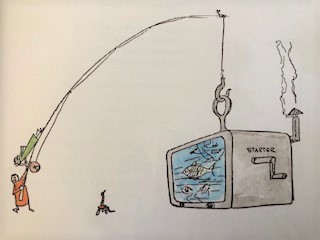Random post? Well, maybe a little. But I have been thinking about worms a lot recently – especially since last week when I cleared part of the vegetable patch for planting. For the first time in seven years, the soil was full of worms (and other rather interesting beasties). We have been gardening organically since we moved in, yet it is only now that our soil has recovered its full health.
Whatever chemicals were used before we arrived, I hate to think, but they certainly destroyed almost every creature living in the soil. Most of you, I’m sure, garden as we do, but if you do not, or have friends/relations who do not, let this post be a plea on behalf of the earthworm, to whom we owe so much.

The earthworm’s champion
The greatest advocate of the earthworm was none other than Charles Darwin. He dedicated over forty years to researching their habits and effects on the soil. His book, The Formation of Vegetable Mould through the Action of Worms, with Observations on their Habits (1881) outsold The Origin of the Species.
It may be doubted if there are any other animals which have played such an important part in the history of the world as these lowly organised creatures.
Charles Darwin
Darwin promoted this humble creature because he realised that worms are essential to the health and fertility of soil and thus the health of everything that depends on it from grazing sheep to fields of cultivated wheat.
How do they do this?
These tiny invertebrates can almost move mountains. It is estimated that the worms found in an acre of cultivated land would be capable of shifting up to 8 tonnes of earth. (nypl.org.blog) The import of this? Well, all that moving of earth from under the ground and back up to the top ensures that the topsoil is rich with nutrients. Worms take plant matter into the soil and transform it via their intestines into ‘fertile pellets’. Their movements within the earth also aerate it and improve drainage. They are effectively mini composters who also ‘plough’.
And it is not just the gardener who benefits from this little pink fellow, but other wild life too. Worms are part of the food chain that feeds birds, badgers, hedgehogs, foxes and dozens of others. Take them away and these ‘higher’ animals will be forced to search for food in an ever depleting natural pantry.

Seagulls are the most ingenious at tempting out their next meal. Since worms cannot survive in water, they come to the surface when it rains. Though they cannot hear, they can feel vibrations, so the seagulls ‘paddle’ the ground in the imitation of rain and then gulp down their prey as it emerges. Evil but effective.
‘Truth is never afraid of mockery’
Poor Darwin was the constant butt of ridicule. His theories of evolution were met with derision and his book on worms also. Punch especially enjoyed mocking this great thinker, but of course, time has more than verified his truth.

Thank goodness that he held fast to his vision and was not cowed by popular opinion, or our understanding of natural history would be so much the poorer.
Sadly, despite the easy accessibility of his knowledge on the positive impact of worms on the soil, there are dozens of products on the market that are designed to extinguish them. Worms leave ‘casts’ or little piles of soil as their food goes through the digestive process. These casts are unsightly on a perfectly manicured lawn, so some folks flood their greens with insecticide. Please don’t. A few tiny earth towers hurts no-one, whereas wholesale destruction of the gardener’s friend hurts us all.
Evolution
My sentiments towards worms have improved greatly as I came to see their value in my garden. What once made me say, ‘Eeww!’ and shy away now makes me smile. However, I like to think that I’ve always had a bit of a soft spot for these less than beautiful creatures. My favourite poem from childhood is by Spike Milligan and I shall use it to end this rather whimsical post.
Today I saw a little worm Today I saw a little worm Wriggling on his belly. Perhaps he'd like to come inside And see what's on the telly! Spike Milligan

Happy gardening!
